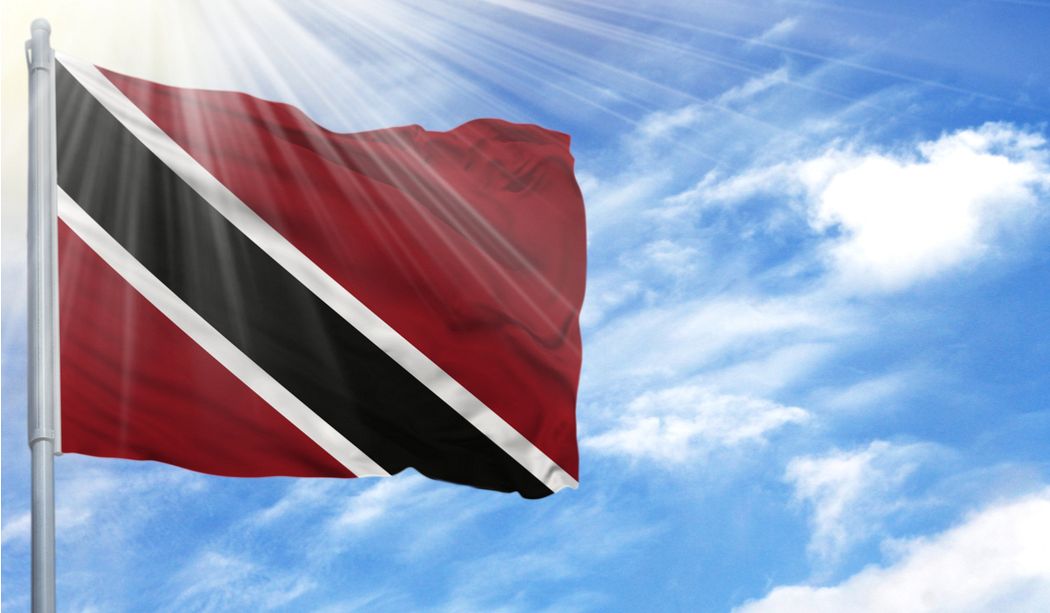(Trinidad Guardian) In a special report from the Office of the United States Trade Representative (USTR) released on Wednesday, Trinidad and Tobago has returned to a watch list of countries for concerns of intellectual property violations due to “a lack of enforcement actions.”
According to the USTR’s report entitled “Intellectual Property Protection and Review of Notorious Markets for Counterfeiting and Piracy,” the Telecommunications Authority of T&T (TATT) has violated an agreement to prevent networks from broadcasting unauthorised cable and satellite channels.
“Moreover, the United States remains concerned about the lack of enforcement action against companies in T&T violating the agreement, particularly the two state-owned telecommunications networks that broadcast unlicensed US content,” the USTR report read.
The US free-to-air networks at the centre of the report, ABC, CBS, NBC, and FOX, are all broadcasted without proper authorisation by the two state-owned companies—one of which believed to be TSTT.
In an interview with the acting CEO of TATT, Cynthia Reddock-Downes, explained, “we would need to investigate the allegation that we have state broadcasters that are actually carrying content they do not have right for. We would have to investigate, and when the investigation is complete, we would have to take whatever action is required at that time.” The acting CEO added, “We (TATT) will do what we can to keep T&T off the list.”
In 2016, T&T was removed from the watch list as TATT took steps to enforce this agreement, penalising a local broadcaster resulting in several channels being dropped at the beginning of January that year. However, intellectual property rights (IPR) enforcement stalled later that year as TATT began to issue forbearances (grace periods) to networks to get the appropriate authorisation.
In October 2019, TATT announced that they would be ending the forbearance period at the end of the year according to the USTR report, in furtherance of IPR compliance. Instead, the grace period was then extended twice until March 2020 and again until July 31st, 2020 for all networks, including Digicel, Flow, TSTT, GreenDot, Airlink, TRICO and Amplia which all broadcast the US networks in question.
According to a release by TATT, this further extension “arose as a result of the unprecedented circumstances arising out of the COVID-19 pandemic.” TATT continued, “We considered the extension of the forbearance as being necessary to keep available all sources of reliable news and information to the public.”
TATT has stated that they will continue to work with the USTR on matters relating to IPR compliance. For countries failing to address the US concerns, the USTR report that’s that the US “will take appropriate actions, which may include enforcement actions under Section 301 of the Trade Act or pursuant to World Trade Organisation (WTO) or other trade agreement dispute settlement procedures.”
Section 301 of the US Trade Act, passed in 1974, allows the USTR to impose the following retaliatory actions to remedy a foreign trade practice:
• Impose duties or other import restrictions,
• Withdraw or suspend trade agreement concessions, or
• enter into a binding agreement with the foreign government to either eliminate the conduct in question (or the burden to US commerce) or compensate the United States with satisfactory trade benefits.

